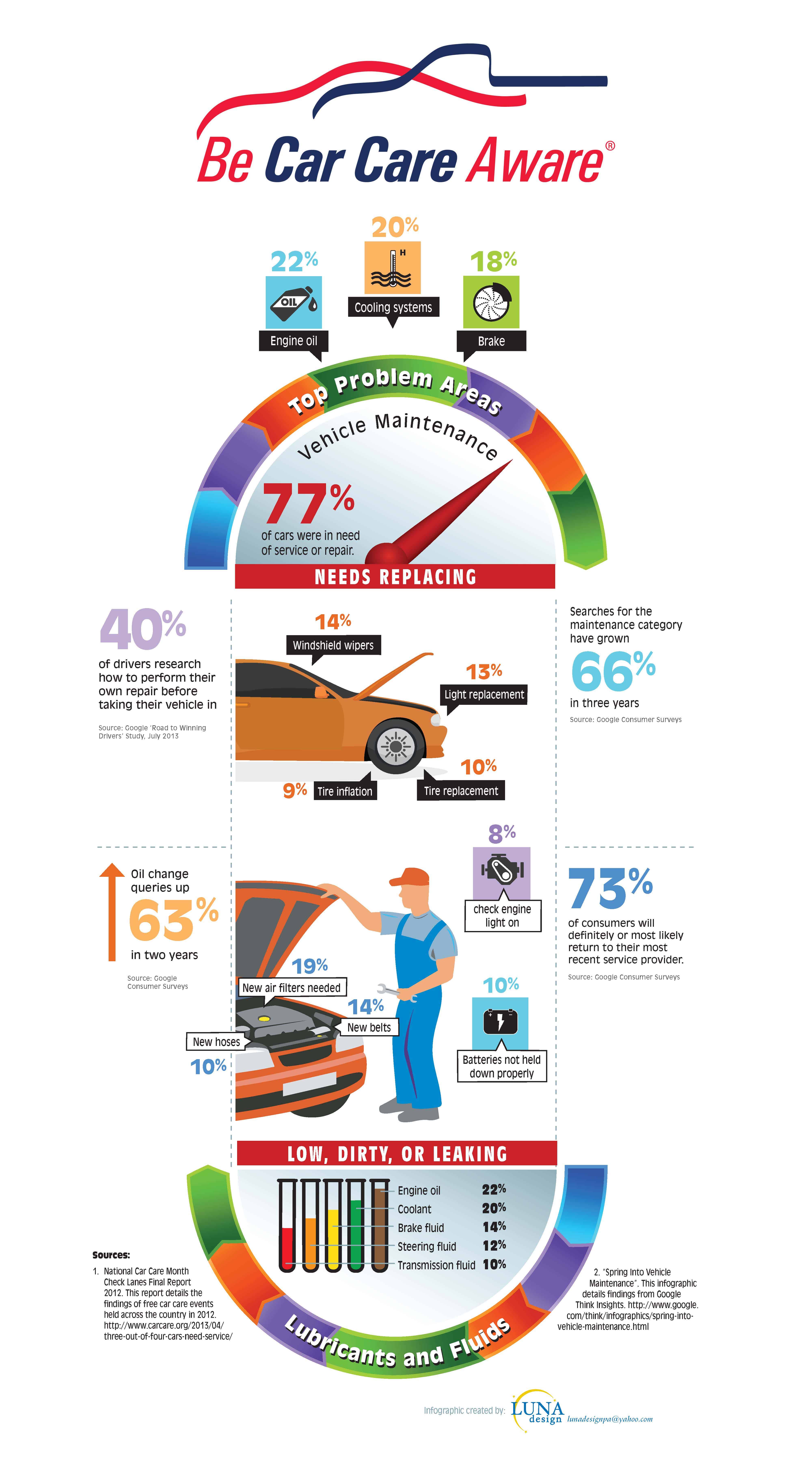Heat Pump Vs Furnace - Which Is The Better Heating Option For Your Home?
Heat Pump Vs Furnace - Which Is The Better Heating Option For Your Home?
Blog Article
Produced By-McLamb Aldridge
Numerous property owners recognize with heating systems, which warm homes with oil or natural gas and push hot air with ductwork. They are fairly inexpensive and can give reliable home heating also during a winter season power failure.
Nevertheless, they make use of fossil fuels and generate carbon monoxide gas and various other air pollution. They likewise aren't as energy-efficient as a high-efficiency heatpump.
Price
Normally, heat pumps are a lot more affordable to operate than furnaces. They usually make use of electrical power and refrigerant to extract warmth from outside air, and after that transfer it into your home. You can make the most of cheaper electrical power prices during off-peak hours to further lower your home heating expenses.
Unlike heat pumps, gas or wood-burning furnaces make use of combustion to create warmth, emitting flue gases right into the ambience that can be hazardous to your health. These furnaces are additionally less energy-efficient than heatpump, and their greater operating expense can build up in time.
Heaters are more complicated than heatpump and require routine maintenance to ensure the appropriate function of all components. In spite of this, they have a tendency to last longer than heatpump with a regular life-span of two decades or even more. However, you'll need to factor in the cost of gas, gas oil or timber and the extra tools required for installment and operation such as ducts and air flow systems.
Energy Effectiveness
Heatpump have a greater energy effectiveness rating than furnaces. These systems utilize power to feed on warmth from the air, even in freezing temperature levels. They can likewise eliminate excess warm from the home during warmer months and recycle it to cool down the system. Provider professionals can help you identify the very best model for your home on climate and resource energy prices.
Furnaces melt gas oil, gas, gas or other sorts of fossil fuel to warm the air in the home. This air is then spread through ductwork making use of a large fan. Heaters generate greenhouse gases and need regular upkeep and equipment upgrades to ensure safe operation.
The biggest advantage of a heater is that it can be run even in harsh wintertime conditions due to the fact that it does not depend on exterior temperature levels to warm the air. Furnaces also have a longer life-span than heat pumps and typically last 15 years. They can additionally be coupled with dual gas options, which choose one of the most efficient home heating option based upon the weather condition.
Climate
Heatpump function well in modest climates and make use of less resource power than heaters. However, if your area is incredibly cold, you may require to buy a basic gas heating system instead.
Furnaces provide warm, comfortable heat and usually provide fast heating to increase interior temperatures. These systems can be made use of with a variety of fuel types, consisting of natural gas, gas, oil or power.
They take in extra energy than heat pumps-- approximately 3x as much-- and call for ductwork that's pricey to set up or retrofit. They're additionally more expensive to keep, as they can trigger air top quality issues and generate greenhouse gas discharges.
If read this post here devoted to minimizing your carbon footprint, a heatpump is an excellent option for your home. They have fewer greenhouse gas exhausts than furnaces, particularly if you select a power CELEBRITY ® heat pump. Your neighborhood Service provider professional can clarify the differences in between these two heating unit and help you make the very best decision for your distinct demands.
click the up coming article can be very energy efficient when powered by gas, lp or oil, however they aren't as energy reliable as heat pumps in freezing environments. They can additionally be more costly to set up, requiring gas lines and ventilation systems.
Nevertheless, heaters tend to require less maintenance, which can result in lower continuous costs. They generate fewer greenhouse gases and are extra trusted than heatpump throughout extreme weather condition.
Electric heat pumps are more versatile in producing indoor convenience because they can also work as air conditioners during warmer months. They can be more convenient to preserve, calling for only normal air filter adjustments and periodic vacuuming.
If you like the comfort of a solitary system that does it all, take into consideration a hybrid heating service that pairs a heating system with an electrical heatpump. These systems can automatically switch between both heating choices based upon your home's requirements and temperature level problems, optimizing performance and cost savings.